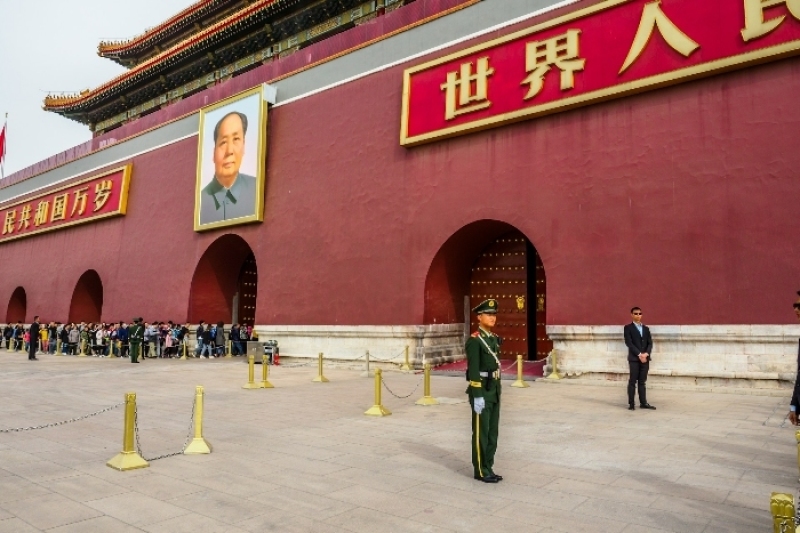
China has announced a ban on foreign missionaries from preaching and establishing religious organizations within its borders. The newly revised restrictions, slated to take effect on May 1, signify an escalated crackdown on Christianity across the country.
Under the updated guidelines, non-Chinese citizens residing in China are explicitly prohibited from preaching without proper authorization, founding religious schools, producing or distributing religious literature, accepting religious donations, or recruiting Chinese citizens as religious followers, as reported by Mission News Network.
Foreign clergy are allowed to preach only if they receive an official invitation from state-sanctioned religious institutions, and all preaching content is subject to prior government approval.
Chinese state media have framed these restrictions as measures that promote national security, characterizing them as protective of “normal religious activities,” as noted by the U.S.-based persecution watchdog International Christian Concern.
This legislation is a continuation of President Xi Jinping's agenda to enforce stricter control over religious practices, a campaign he first articulated in 2016 with the goal of “Sinicizing” all religions to ensure their loyalty aligns with the Communist Party's priorities. As a result, state-run religious institutions such as the Protestant Three-Self Church and the Chinese Catholic Patriotic Association have been established as the sanctioned avenues for religious activities.
In contrast, the independent house church movement has been significantly impacted by this policy shift. Raids and arrests targeting members of house churches have become increasingly common as Chinese authorities aim to dismantle groups perceived as threats to “political security and social stability.”
Earlier this year, a report from China’s Global Times lauded the strengthened efforts by public security authorities to eliminate independent religious groups in 2024, according to The Washington Stand. The Ministry of Public Security has openly acknowledged that it is investing more in surveillance technology and personnel dedicated to monitoring and limiting the activities of these organizations.
China employs an extensive system of technological surveillance to track the movements and associations of its citizens, evaluating their loyalty to the Communist Party. This surveillance is particularly aimed at individuals connected with unregistered house churches or those engaged in religious practices outside the state-sanctioned frameworks.
While organizations like Bibles for China, which operate within state-sanctioned structures, anticipate that their work may not be immediately affected by the new rules, foreign missionary activities—including visits, meetings with pastors, and direct involvement in religious communities—are likely to become significantly more difficult. Additionally, financial support from foreign entities for religious initiatives in China will come under increased scrutiny.
Arielle Del Turco, the director of the Center for Religious Liberty at the Family Research Council, has expressed grave concern over these developments.
She remarked to The Stand that China's rationale concerning national security is inappropriate, and the prohibition of foreign missionaries could have negative repercussions for China's international relations. Del Turco urged the U.S. government to closely monitor these evolving circumstances, considering their potential implications for American citizens traveling to China.
















